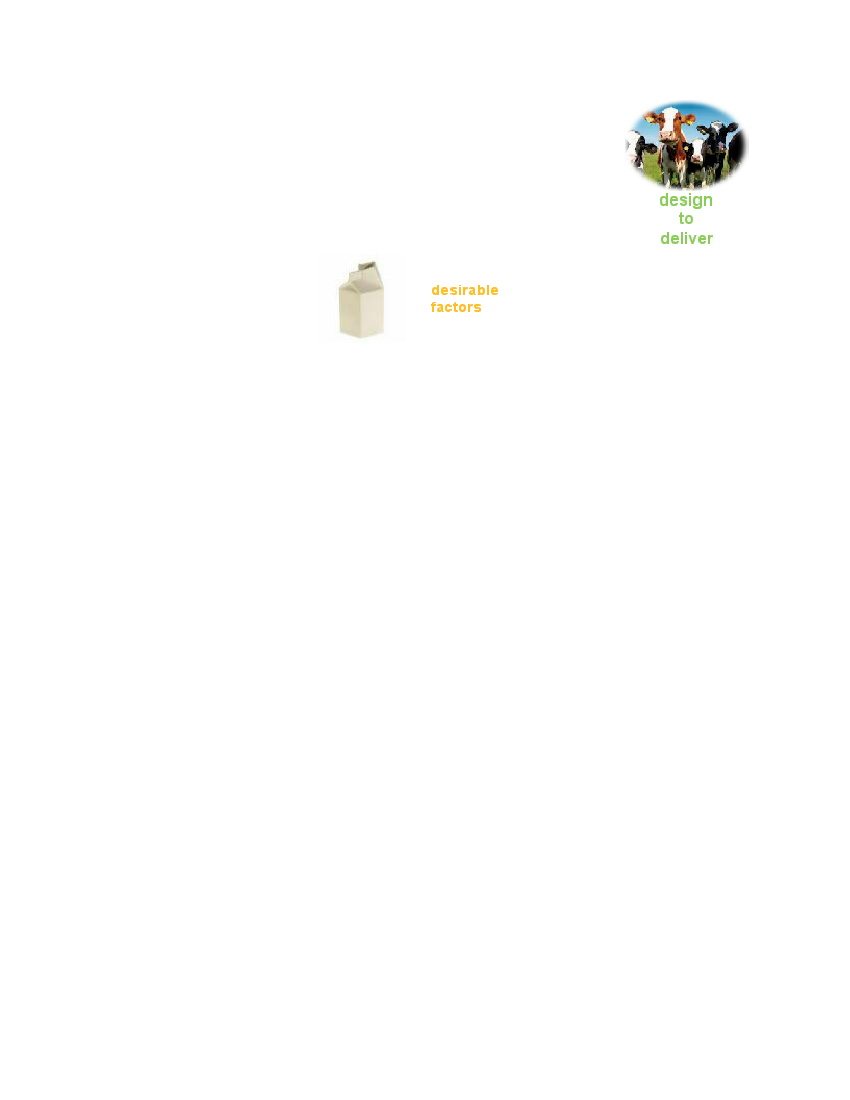
DESIRABLE FACTORS
Question commitment of
facilitators and service providers:
There must be acceptance that
changing the business model by
dropping existing practices such as
paying for airtime is a long term goal.
Implement institutional
assessments: Given that the nature
of policy and environmental
development is a continuing process,
programs must engage with
organizations capable of longevity.
This is more so given that these
groups are often noncommercial.
Programs must implement a thorough
financial and institutional assessment
prior to engagement. This assessment
must take a view on the organizations
ability to seek non donor related
revenue and be in a financial position
to potentially continue facilitated
activities beyond program end.
Recognize the challenges of
assessing weak or limited BDS
markets: The ability to identify and
understand the BDS services offered
to and used by small enterprises is the
heart of BDS market assessment.
Most BDS services in weak or limited
markets are offered in an embedded
or informal manner. Consequently,
providers do not conceptualize their
services as ―services‖ per se but
rather as value-added features of their
core product or business. The small
enterprises in these markets tend to
have little awareness of any formal
business services.
Build a market that is inclusive of
women and youth: Open up channels
of service delivery and support to
female entrepreneurs and young
people.
Promote cross-subsidies: In cases
where services are demand-driven
and valuable, but not financially viable,
some providers choose to cross-
subsidize them with other revenue
generating activities. Such as
supplying BDS to larger businesses
that can pay profitable rates and then
using profits to supply smaller
businesses with services; or operating
a completely unrelated business and
using those profits to subsidize BDS
activities; or using income from a
viable BDS to cover the cost of a non-
viable BDS.
Keep working with the service
providers to realize the
opportunities: KDSCP found that
increasing the capacity of service
providers resulted in increased sales
of their products. Linkages between
service providers and farmer
cooperatives facilitated by the KDSCP
enabled farmers to invest in
technologies like digital weighing
scales, computerization, and biogas
equipment at affordable rates.
Establish baseline information:
Scope out case studies and
information at different levels of the
market system prior to start-up. This
makes it easier to extrapolate potential
positive economic impacts at all levels
of the market.
Gender sensitization of staff: KDSCP
staff participated in a gender
sensitization workshop organized by the
USAID‘s Greater Access to Trade
Expansion (GATE) INGIA VC project.
The workshop explored ways of
integrating gender in value chains, and
how this can help achieve the program
goals.
Whole markets and their players must
benefit: Each function and player exists
in an interdependent market. As such
sustainability is ramped on the basis that
each player is clearly cognitive of their
benefit. Without this there is a risk of a
detrimental effect on the wider market.
Appreciate the policy role: Policy has
the capability of either supporting the
development of a project, or more
hampering the ability of the project to
facilitate impact.
Assure attribution: KDSCP produced a
series of case studies which trace
attribution. They clearly demonstrate that
the measured impacts resulted from the
intervention, rather than from other
interventions (perhaps by another
agency), or from something completely
different.
27